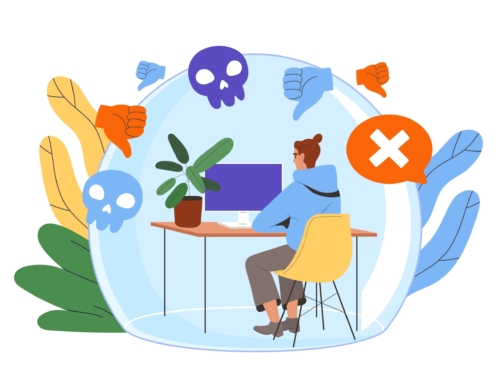Effective Facilitation
Effective facilitation consists of inputs (actions) by one or more persons that help groups achieve their goals and maintain or improve their competencies to achieve their goals.
A skilled facilitator can add an enormous amount of value to a team meeting where outcomes are needed. Those outcomes could include actions, decisions, mutual understanding and so much more. The functions of a facilitator are as:
- Resource
- Teacher
- Mediator
- Challenger
Facilitators are always engaged to help teams conduct successful meetings. In performing this function, facilitators help teams manage their potential, manage their performance or interaction, and manage their results, which largely occurs by helping teams manage their potential and their performance.
As a Resource
A facilitator may or may not be an expert in the particular subject that may occupy a team. There may be times during a meeting when question of fact may arise. Questions like, “Is there data about this problem already available?”, “Do we know of organisations that have the best benchmarks for this process?”, “What tools can we use to develop all the information we need?”. When facilitators are asked such questions, their first response should be to put the question back to the team and find out if some of the members might be a resource. If this fails and the facilitator does know the answer, then the facilitator takes on the special function of resource.
There is no reason at all why a facilitator should not serve as a resource and help further the progress of a team during a meeting. The one condition that should always be observed, however, is that the facilitator never serves as a resource when members can be the resource.
As a Teacher
The need to function as a teacher will arise most often in relation to helping team members learn a new skill to improve their ability to conduct meetings. One of the most useful things that facilitators can do is to show members how to conduct successful meetings. When members all work with a common understanding of the kind of meeting they are trying to create, they have begun the very powerful process of developing each member as a facilitator and helping the team then assume responsibility for its own facilitation.
In addition to teaching members how to conduct successful meetings, facilitators can teach members how to use various rational tools to develop information and solve problems.
As a Mediator
Strong disagreement and even conflict can develop among members of a team during a meeting towards its goals. Facilitators can become mediators and help members resolve their differences.
If teams have included how disagreements and conflicts will be resolved in their Code of Conduct, the facilitators may have to do little more than remind the members of their Code of Conduct. If it is not possible to refer to this, or if such reference doesn’t work, the facilitator can:
- Give the team the opportunity to decide whether it can proceed without resolving the conflict and come back to it later. Often conflicts at one point in a process become irrelevant as a meeting progresses. Also, members are often more able to resolve their differences at a later time. The conditions that create the conflict may have changed and the conflict or disagreement may have disappeared.
- If the team feels the conflict must be resolved before the meeting can proceed, the facilitator’s goals as mediator become:
- Involve the whole team in the process of resolution, ie. separate the person from the problem.
- Find a win-win solution to the disagreement or conflict.
As a Challenger
A team will never know what it can fully achieve until its members learn to work easily and effectively together. It can always increase its potential to perform or interact at higher levels of efficiency and effectiveness. Facilitators can help teams recognise this capacity to do more than they have done and to take on more challenging tasks and goals.
For example, if a team has been using an instrument to evaluate its performance on a regular basis and, over time has consistently evaluated itself very high, then the facilitator can suggest that the team look for more challenging ways to evaluate its performance.
There are an unlimited number of ways that a team can improve its meetings. Teams can learn to use more types of rational tools. A process improvement team may, for example, start out by charting the steps in a process and then looking for opportunities to reduce the number of operations in the process, or eliminate waste and delay. Later, a facilitator might challenge the team to learn how to use statistical control charts to monitor and improve the process.
Conclusion
Meetings tend to be methods of providing information for a range of people at the same time, and there are various levels of effectiveness in accordance with the skill of the person chairing the meeting. Facilitation, however, is a skill focusing on specific outcomes. Good facilitation will cut through the blockers and stoppers people like to present and drive a group to a successful conclusion within a specified time-frame. In our time poor environment, this skill is more and more useful and demanded.














Dr Susan Roberts says: